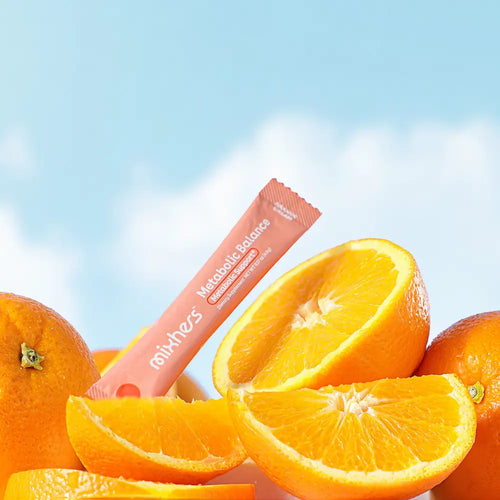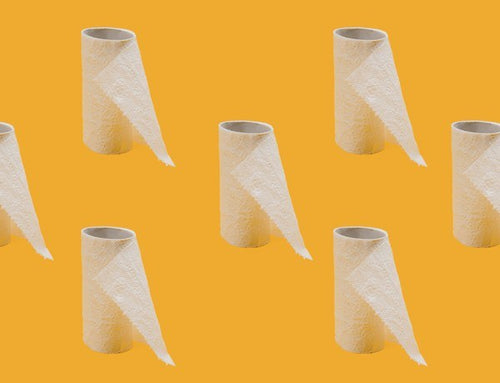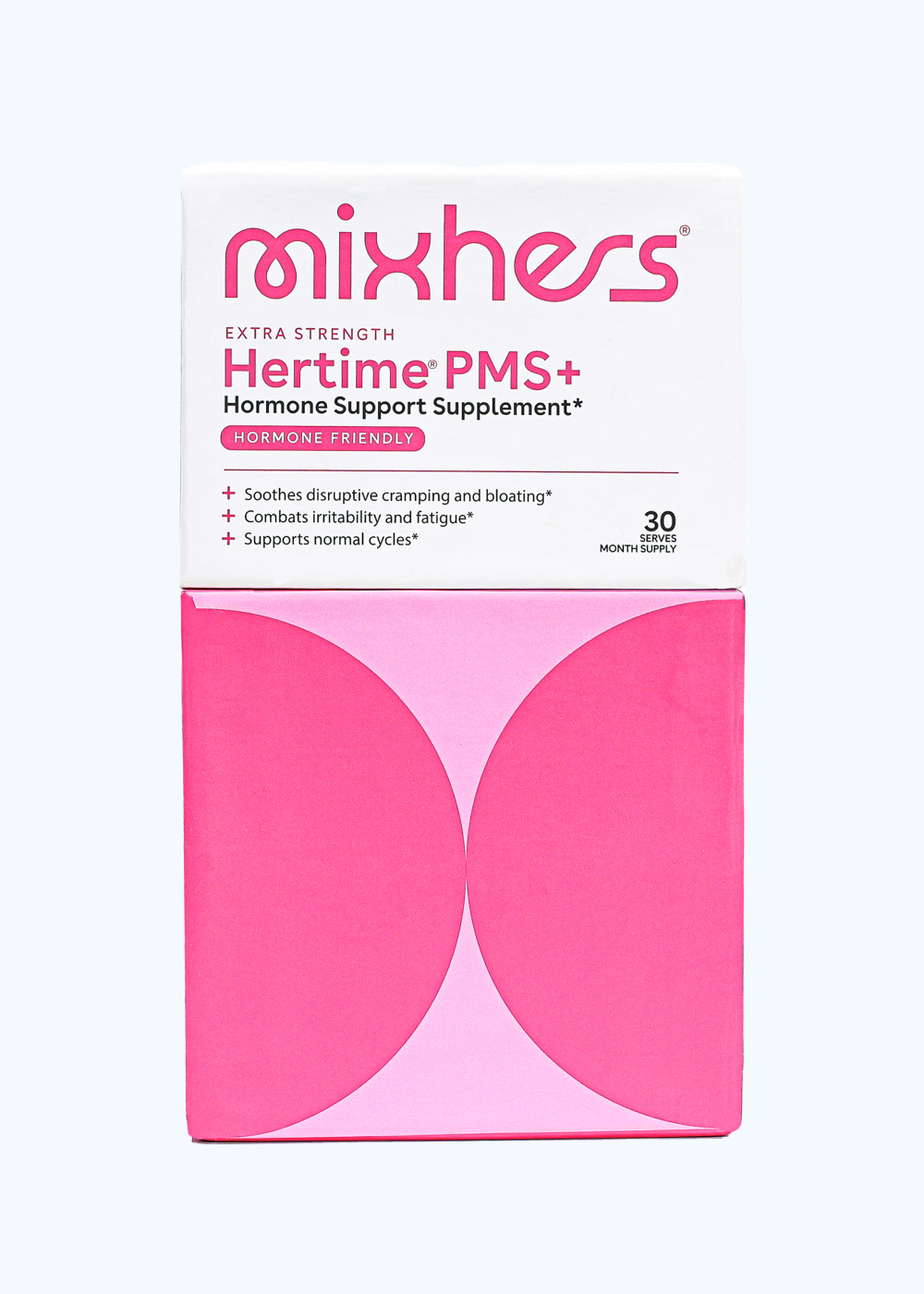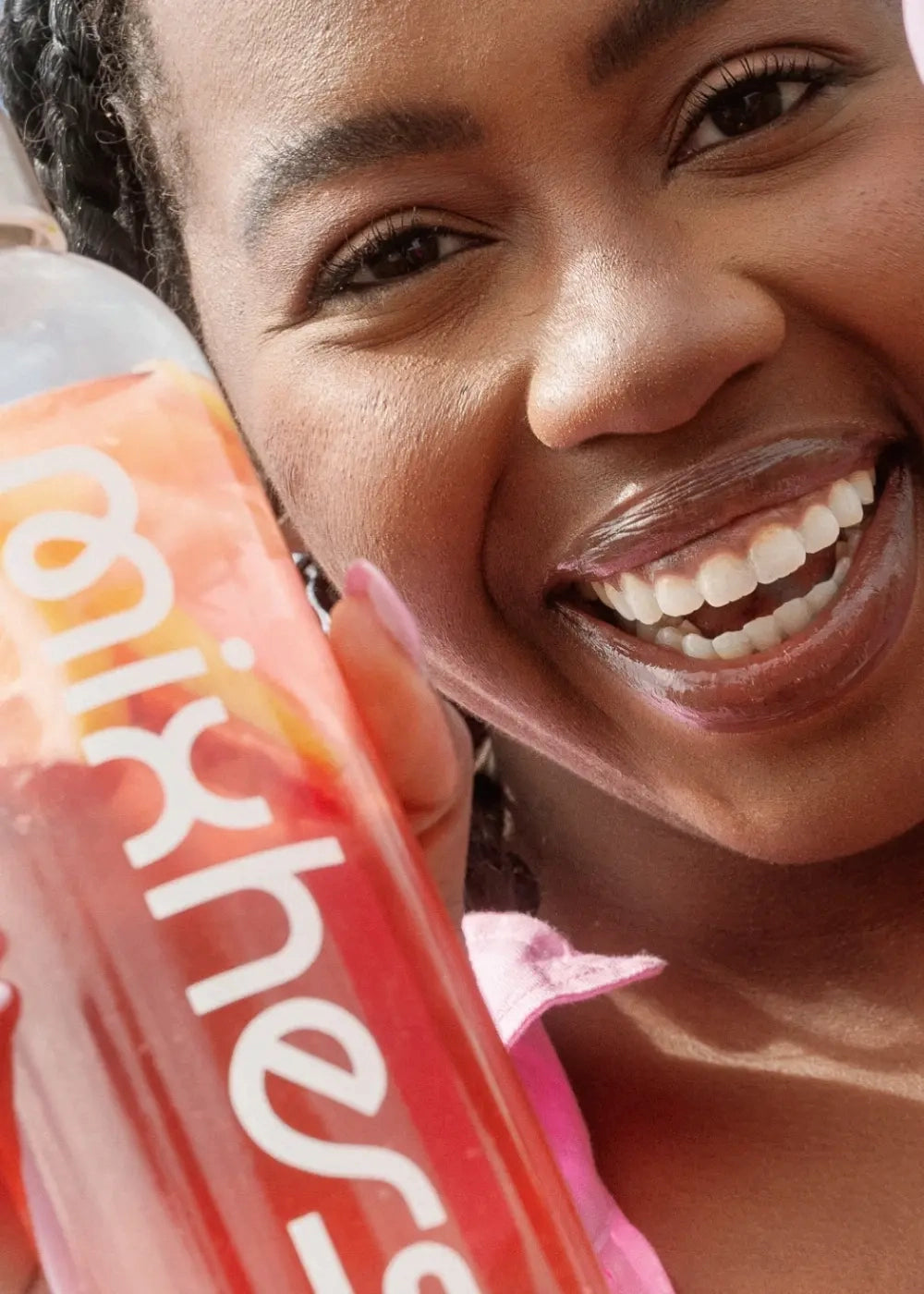Every single cell and system in our bodies requires water to function. If we don't drink enough water, our bodies will start to work less efficiently. If insufficient water intake continues, we'll begin to show signs of dehydration. Here are common dehydration symptoms to watch out for, especially if you have diarrhea, severe vomiting, or fluid loss from increased physical activity in hot weather.
If you have mild dehydration but haven't lost a dangerous amount of fluid from your body yet, you are likely to experience any of the following symptoms:
- Thirst
- Headache
- Chills
- Head rushes
- Fatigue
- Constipation
- Dry skin
- Slightly dry mucous membranes
- Loss of appetite
- Flushed skin
- Slightly decreased urine output
- Dark yellow, smelly urine
Many of us fail to recognize when we're mildly dehydrated because our symptoms can mimic other minor health conditions. But if you experience any of the above symptoms and you know your body could probably use more fluids than you've been giving it, go get yourself a big glass of water, girl!
Better yet, add a packet of Herhydration to your water so you can replace your body's electrolytes. Drinking electrolytes is a more effective way to quickly reverse the effects of excess fluid loss than drinking water alone.
Now that you know how to recognize mild dehydration symptoms, you should be able to avoid moderate dehydration symptoms in most circumstances. But if for some reason you're too busy or distracted to notice signs of mild dehydration, your body could quickly advance into moderate dehydration. Here are some of the things you're likely to experience in moderate dehydration (when your fluid loss reaches somewhere between 5% and 6%).
- Thirst
- Decreased sweating
- Increased heart rate
- Extreme fatigue
- Muscle cramps
- Sunken eyes
- Increased body temperature
- Little to no urine output
- Tingling in the feet and hands
- Nausea
- Faster breathing rate
- Dry mouth
- Dehydrated skin
- Irritability
Symptoms like these are your body's way of telling you it's in serious trouble. Incidentally, most of these symptoms are also symptoms of heat exhaustion, because the two conditions often go hand-in-hand. If you'd like to keep your internal organs functioning properly, you need to focus on rehydration ASAP!
Severe dehydration is not something that just goes away on its own. Instead, it's a medical emergency and an indication that your body needs extra fluids or your organs could shut down and you could die. When your body crosses the critical threshold between moderate and severe dehydration, you may experience:
- Thirst
- Muscle spasms
- Rapid heartbeat
- Mottled skin (an indication of slow blood flow)
- Low blood pressure
- Confusion
- Loss of tears and urine
- Lack of sweating
- Abdominal and/or chest pain
- Impaired vision
- Shriveled, dehydrated skin
- Delirium
- Seizures
- Coma
If you notice any of these symptoms in yourself, get help right away. Your life is in danger and you need intravenous fluid immediately. If you notice these symptoms in someone else, seek medical attention for them right away. IV fluids could mean the difference between life and death for someone who is critically dehydrated.












